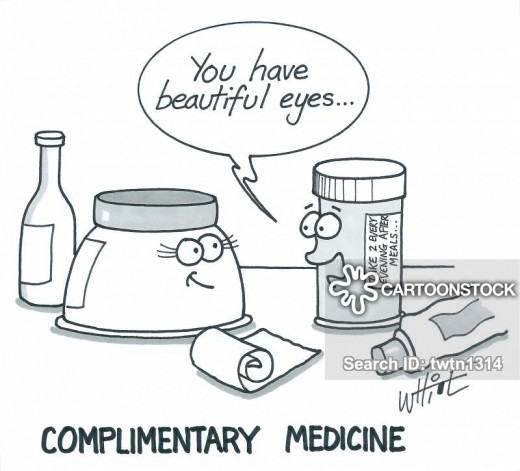The Power of a Compliment

Compliments: The Miracle Pill
If you’re reading this, you’re fantastic. You’re powerful and beautiful from the inside out.
Didn’t that make you feel good?
It is common courtesy to give compliments. Some people dole out these loving words more frequently than others, but when they come, rest assured they leave a little tingling feeling on the inside.
And while these words of self-validation may be sweet, many don’t realize just how good these tantalizing words can be for the human mind.
So join me as we explore the psychology of compliments, how they affect us and the people around us, and how you can begin to effectively give out your own words of positivity.
The Psychology of Compliments
According to Merriam-Webster, a compliment is a polite expression of praise and admiration. While giving them may be a verbal transaction, the power of these words on the human mind is inexorably linked to science and psychology.
Dopamine is a neurotransmitter in the brain. Amongst other functions such as motivation, hunger, and positivity, it controls the body’s reward system. When dopamine is released into the brain, it feels so, so good, prompting the body to do whatever it just did again and again.
When someone gives a complement, both the person giving it and the person receiving it both receive a spike of dopamine. So, in a sense, many people get ‘high’ off of giving and receiving these kind words, and as a result they crave for the next time they have the opportunity for praise/ to give praise. This may explain why many people work so hard to get praise from those they love: because this praise is, in a sense, addicting.

The Benefits of Compliments
While compliments may be intended to make the one on the receiving end feel good, the benefits are equally as prominent in the person giving them.
I’ve already gone over the drug-like ‘high’ we get from doling out these sweet, sweet words of affection, but the impact goes beyond just a warm, fuzzy feeling (although that is always a plus).
-
Compliments build friendships. By spreading your appreciation to the people around you, you are expressing your positive feelings for them and stimulating social connection.
-
It’s linked to long-term memory and learning. Dopamine is linked to people’s “declarative”--or factual--memory. So, when you compliment someone on something they’re good at, as opposed to offering constructive criticism, they are more likely to remember that specific activity/subject/event.
-
It spreads positivity. In general, compliments are just a great way to give out good vibes, as they are embracing the positives of a person, and in turn, it often makes the person giving the compliment feel just as good.
-
They build confidence and self-esteem. Psychologists have shown that by giving some words of good grace, both the giver and receiver experience amplified self-confidence and self-esteem.
Compliments are the warm, fuzzy pills that can fuel a person’s step with happiness, positivity, and self-love. And the best part is: we’re all capable of giving them.

What is a Good Compliment, And How Can You Give It?
So the power of a compliment is great and all, but we all know that there’s a difference between a couple meaningless words and a compliment that can change a person’s life for the better.
-
Genuinity may be one of the most imperative points to keep in mind when giving out compliments. Stereotypical comments, such as “you’re one of a kind”, is something that could refer to anyone. Find something specific that you genuinely like about the person, and so when you end up giving the compliment the genuinity will evidently shine through.
-
By that same token, complimenting someone on something that isn’t initially obvious may also make it more impactful to the person, because it shows that you’ve been paying attention. This may be as something as simple as someone’s shoelaces or a joke they made, but it’s these little nuggets that can mean so much to some people.
-
Playing on a person’s pride also makes your words more memorable. Naturally, people like and dislike certain elements of themself, and when we reinforce people’s likes, it makes for a more impactful sentiment as opposed to something that they are completely indifferent to.
-
When it comes to what you should actually be complimenting someone on, draw the focus away from a person’s physical features. While it is nice to know that you have nice eyes, it wasn’t something necessarily in that person’s control. On the other hand, someone’s good work, their achievements, or even their fashion sense are all things that they may have had an active hand in controlling, and thus it has more emotional meaning to them than physical appearances.
While not every compliment can be confined within these guidelines, it may be a good start for anyone looking to spread the benefit of these words to the world around them.
. . .
And look, maybe you’re looking at yourself and saying: “Hey wait! I don’t have anyone to compliment!” But you’re already looking at them.
One of the greatest keys to good self-esteem is to find small things to compliment yourself for. Of course, don’t use this as an excuse to become an egomaniac, but a good helping of self-love allows us all to be less critical of ourselves and actually makes it easier to give and receive these sweet, sweet words.
And who knows? Maybe if we all learned to praise ourselves and others a little bit more, the world could become a happier, more positive place






